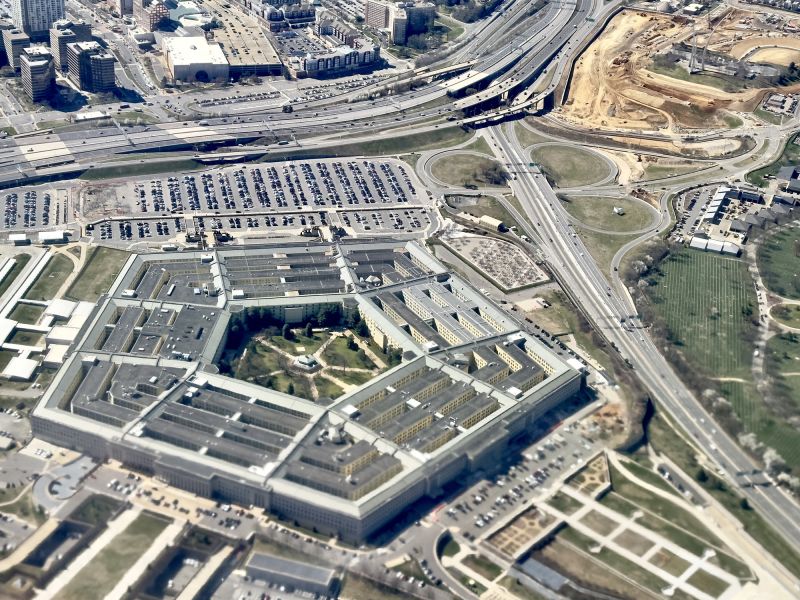
Iran's Official Denial: No Direct Involvement in Hamas-Israel Conflict or Proxy Attacks on US Forces

Iran's envoy denies direct involvement in Hamas-Israel conflict & proxy attacks on US forces While financially supporting proxy groups, Tehran maintains it does not dictate their actions Ambassador clarifies stance in CNN interview
Iran has reaffirmed that although it provides financial backing and support to Hamas and other proxy groups in the region, it does not exercise control over their actions. Amir Saeid Iravani, Iran's ambassador to the United Nations, confirmed this during an interview with CNN. When questioned about the extent of Iranian support and its role in various attacks, such as those carried out by Hezbollah in Lebanon, the Houthis in Yemen (including the recent shooting down of a US Reaper drone), and Shiite militias in Syria against Israel and US forces, Iravani emphasized that Iranian support should not be considered as the primary factor connecting these incidents.
Iravani emphasized that although there was cooperation and collaboration, Iran was not actively leading any of these operations. He compared Iran's role to that of the US, highlighting that Iran was merely providing assistance, much like how the US supports Israel. "We have clearly stated that Iran is not involved in any attacks against US forces in the region," he explained, further stating that any attacks on US forces in Syria and Iraq were carried out by other parties based on their own volition and directives.
Iravanis comments followed the Pentagon's announcement that two US fighter jets had carried out an airstrike on a weapons storage facility in eastern Syria. The facility was used by the Islamic Revolutionary Guard Corps (IRGC) and its affiliated groups from Iran. US Secretary of Defense Lloyd Austin stated that the airstrike was a precise self-defense measure in response to a number of attacks against US personnel in Iraq and Syria, carried out by the IRGC-Quds Force affiliates.
Over the past few months, Syria and Iraq have witnessed 46 attacks on US and coalition forces, including rocket attacks and one-way attack drones.
In regards to the increasing concerns regarding a potential escalation of the conflict in the region, Iravani stated that he has not engaged in any "direct discussion" with his US counterpart at the UN regarding the containment of the situation in Israel.
The Pentagon, situated in Arlington County across the Potomac River from Washington, DC, is depicted in this aerial photograph captured on March 8, 2023.
US forces have faced four additional attacks following the US strikes in Syria last Wednesday. Tehran has frequently faced allegations of equipping Hamas and other Iran-affiliated factions in Lebanon, Syria, Iraq, and Yemen. As a result, the frequency of attacks instigated by its surrogate groups in the region has escalated.
According to Iravani, Iran has emphasized its refusal to escalate the conflict and has made efforts to pacify regional allies. However, he expressed that other parties should also take responsibility. Iravani warned that if the fighting in Gaza persisted, the conflict could potentially escalate further. The attack carried out by Hamas on October 7 resulted in militants rampaging through southern Israel, engaging in acts of murder and kidnapping. This violent spree resulted in the deaths of over 1,400 individuals, predominantly civilians, while approximately 240 people, including women, elderly, and children, were taken hostage.
CNN questioned Iravani about Iran's support for Hamas' involvement in the killing of women and children, as well as their act of hostage-taking on October 7. In response, the ambassador emphasized that this inquiry should be directed to Hamas. Furthermore, he reiterated that Iran had no direct involvement in the attack and lacked both consultation and prior knowledge regarding the operation.
Iravani said, "It is a war. It is a war which has been started 75 years ago."
However, he then added, "If it were us, no. We will not do it."
Multiple sources familiar with the intelligence have revealed that days after the attack, the US obtained information indicating that senior Iranian government officials were taken aback by the actions of Hamas. It is important to note that the US intelligence community is currently unable to definitively determine if Tehran had direct involvement leading up to the attack, as they are actively pursuing evidence.
Hezbollah, the Lebanese Shia movement backed by Iran and known for its formidable paramilitary forces in the Middle East, also admitted to being unaware of the secret Hamas attack. In his highly anticipated speech last Friday, Hezbollah Secretary General Hassan Nasrallah dismissed speculations associating Iran-backed factions with the attacks, affirming that the planning and execution were solely conducted by Palestinians.
Nasrallah acknowledged Hamas' need for surprise and described the October 7 assault as a significant political event in Israel, anticipating its lasting impact on the conflict. Furthermore, he perceived the attacks as an unveiling of Israel's vulnerabilities in its military capabilities.
CNN has previously revealed that Iran-supported factions were intending to escalate attacks on US forces in the Middle East. This move by Iran aims to exploit the regional backlash against the US due to its support for Israel following Hamas' brutal assault on October 7th.
Following the surge in attacks on US troops in the region since October 7, the United States has strategically deployed considerable military strength to the Middle East. This deployment aims to deter the escalation of the conflict between Israel and Hamas, while also providing support to regional forces.













